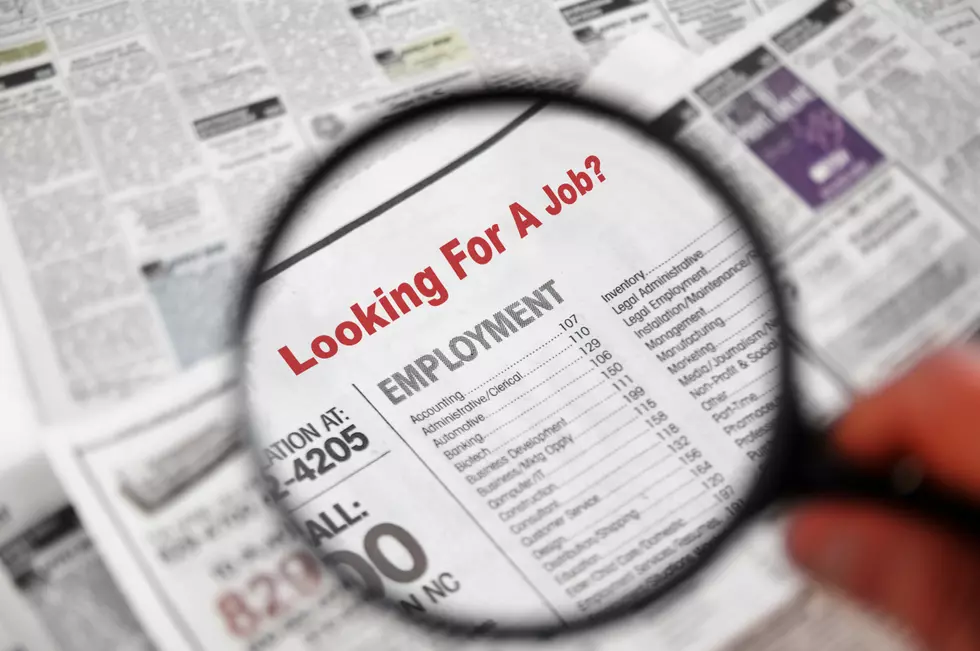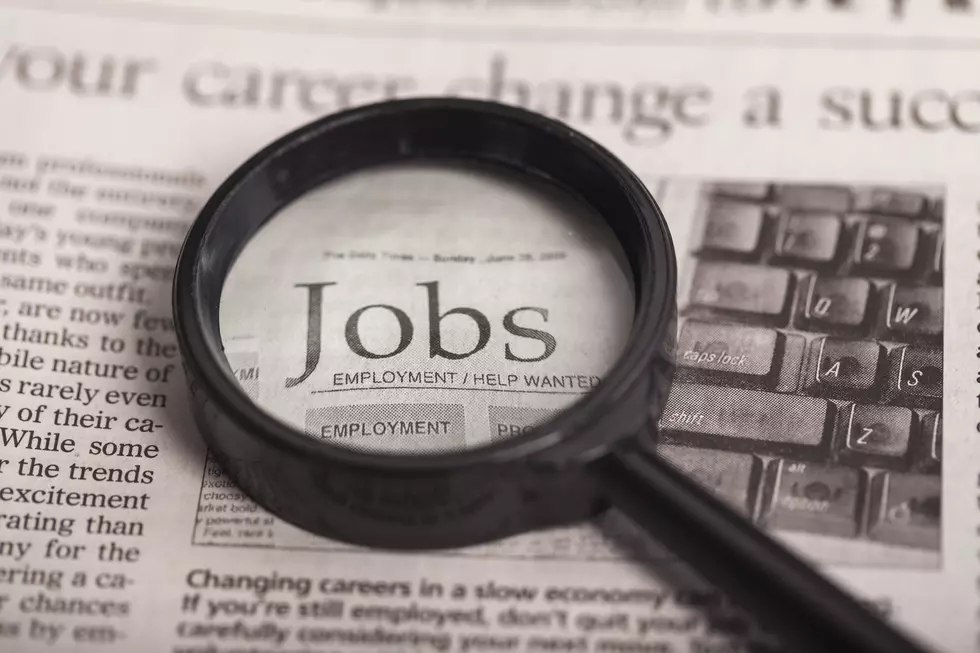![Americans Spending Less Time Unemployed [AUDIO]](http://townsquare.media/site/385/files/2012/09/Stressed-Worker.jpg?w=980&q=75)
Americans Spending Less Time Unemployed [AUDIO]
The average length of time Americans spent unemployed in January dropped by nearly three weeks, but not for the reason you may think. It is likely because many people ran out of unemployment benefits and stopped looking for work.
"There may be a decline in the number of weeks people are staying unemployed, but it's complicated," said Joe Seneca, and economist at Rutgers University's Edward J. Bloustein School of Planning and Public Policy. "It depends of responses to economic incentives. It depends on what's happening with the overall unemployment rate. It's likely because people have run out of unemployment benefits and are simply coming off of the unemployment rolls and are no longer eligible."
"As the unemployment rate improves across the country, the amount of time you're eligible goes down and in order to remain eligible, you have to be looking for work and actively seeking work," said Seneca. "It's a combination of people stopping their search for work because their extended unemployment benefits have been declined because the unemployment rate has improved. So, it's an interconnected string of reasons behind that decline in the number of weeks people are spending unemployed."
Unemployment benefits last up to 73 weeks, but their duration in each state depends on its jobless rate.
It's a positive sign that unemployment rates are coming down across the country, but it's also a double-edged sword.
"For those who lose their eligibility and remain unemployed, it's a real hardship," said Seneca. "It's good that the economy is improving and unemployment rates are going lower, but for those who remain unemployed and lose eligibility, it's incredibly tough."
More From New Jersey 101.5 FM









